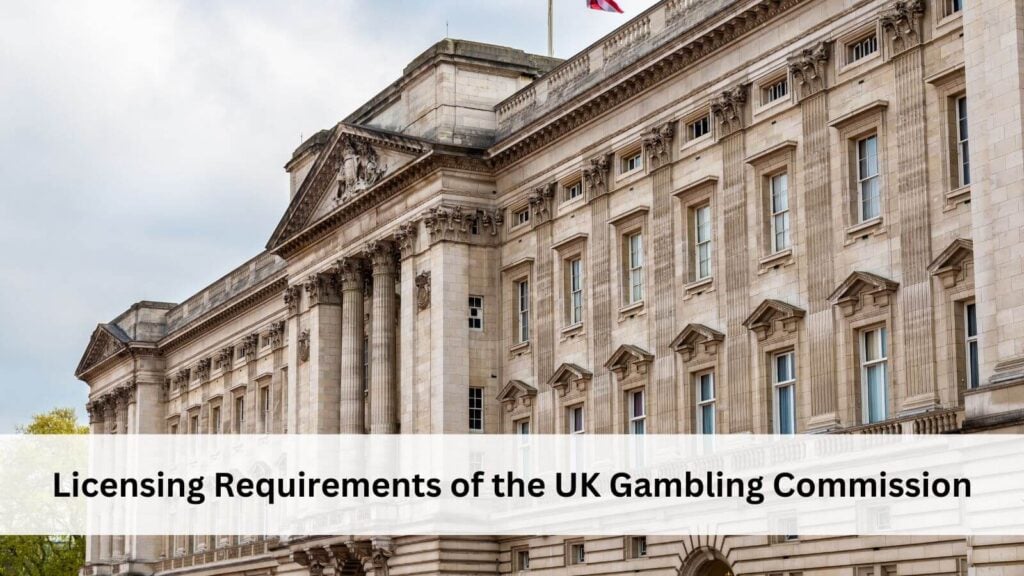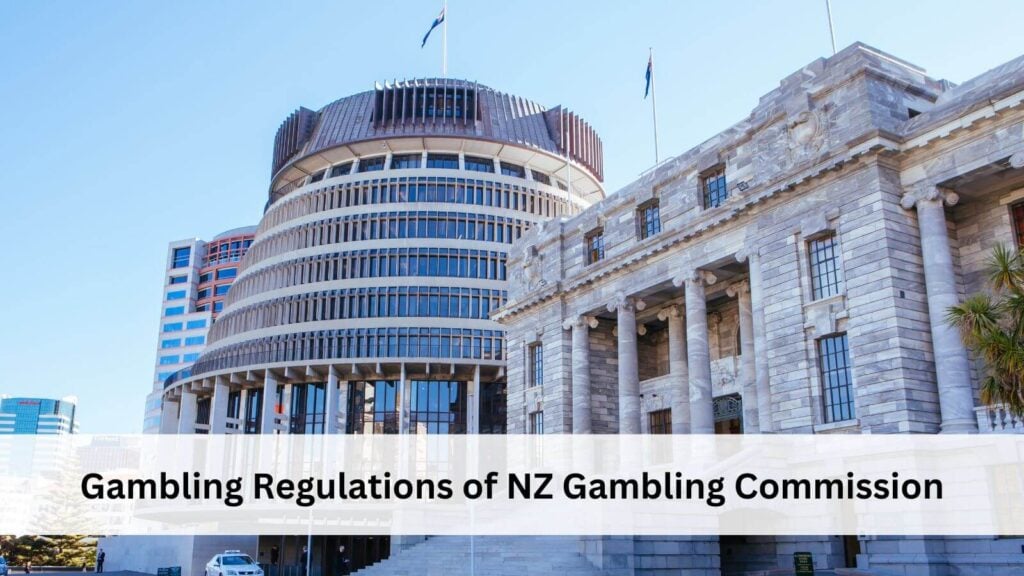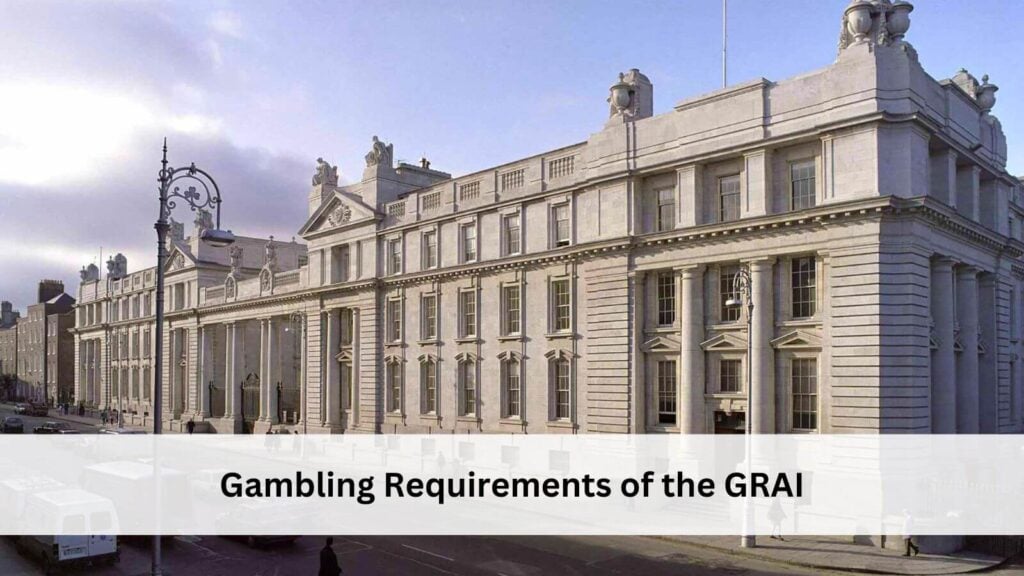
Chelsea vs Tottenham Hotspur Prediction Betting Tips & Preview
Date: 03/04/25Kick-off time: 20:00Venue: Stamford BridgeThe highly anticipated Premier League clash between FC Chelsea and Tottenham Hotspur is set to take place on Thursday at…
Starting a gambling business always starts with obtaining a license. It guarantees the reliability and honesty of the operator. Gambling is controlled differently in different countries, including the issuance of licenses.
In some regions, gambling is completely prohibited; in others – activity is limited; in others – it is allowed without any restrictions; in the fourth – it is allowed only on the territory of the country.
The UK is recognized as one of the most advanced legal aspects of the gambling business. There are a lot of players in Britain, and thanks to technical standards, attention to the protection of players and social responsibility, they are the “healthiest” nation in the gambling world. Based on this, the UK gambling market is the most respectable and significant.

The UK Gambling Commission is one of the most authoritative bodies in the gambling industry, and getting a license from the UKGC is not easy. The UKGC guidelines are the License Terms and Code of Practice or LCCP. The Gambling Commission may apply the General License Terms to an individual operating license.
According to the LCCP guidelines, if a company is applying for a gaming license in the UK, it must meet the following criteria:
These terms and conditions are part of the UK’s Gambling Act 2005 which is the main mechanism of the law that has been in force since 1960.
The second country in which gambling has become the main source of income and has many gamblers is New Zealand. This region is one of the most promising and attractive for gambling businesses, particularly for obtaining a license. As the popularity of online gambling grows, New Zealanders can explore NZ casino sites that provide a diverse range of payment methods and a wide selection of bonuses, ensuring an exceptional gambling experience.

All gambling activity in New Zealand is controlled by the Gambling Act 2003. It provides the legal framework to control gambling, promotes the responsible game and ensures fair gameplay.
One of the main vectors of development regulated by this act is ensuring the gambling business’s safety and legality. To obtain a license and the opportunity to conduct business, a company must pass long tests, checks and meet certain requirements.
New Zealand defines 4 gambling classes depending on the number of bets and payouts, making it easier to issue licenses and control those who received them. Experts believe that the rules and requirements for doing business created by the NZ Gambling Commission are the reason for the success of responsible gambling.
Previously, the country became a pioneer in organizing gambling on a legal basis. It is in the top 10 countries regarding the number of gambling businesses and is actively moving forward. But Italy takes gambling regulation seriously and has some of the strictest rules and conditions for obtaining business licenses.

Italy was the first country in the EU to allow online casinos at the legislative level officially. According to Customs and Monopolies Agency, online gambling operators are required to provide technical means for players’ safety and create conditions that prevent the involvement of minors in the game.
From the latest news, analysts and experts are actively discussing Budget Law 2023, which includes an update regarding the renewal of online gambling licenses. As a result, gambling companies can freely conduct business until the end of 2024.
The online gambling market in Sweden was opened in January 2019, which is quite surprising considering the experience and examples of other countries. As a result, all forms of gambling, both land-based and online, are currently legal in Sweden. The control and regulation of gambling here are performed by the state company Svenska Spel.

The country has a strict state monopoly on gambling. Thus, the only licensed operator is Svenska Spel.
Due to the operation of the state monopoly, it is quite difficult to imagine obtaining a license. Private companies are not allowed to engage in the gambling business. The Swedish National Gambling Association is the regulator in this area.
According to the New Gambling Act, the state’s task is to create a safe ecosystem for businesses and gamblers. This act is one of the newest among European countries and contains the main and fundamental experiences of others. Also, the act will change the situation over time, and foreign operators can license in Swedish territory.
Geographically located next to the UK, it has a similar development vector for the gambling industry and the market. The gambling business in Ireland has been legalized and legal since 2015. As a result, companies can conduct gambling activities both within the country and abroad.

Casinos have long been negatively perceived by public opinion, but the situation has changed with the advent of online platforms. Moreover, the Gambling Regulatory Authority of Ireland has stepped up its license-related activities. Casino licenses are not issued, so the companies operate as private clubs, making launching gambling platforms much easier.
The gambling business in Ireland is thriving and brings in multi-billion dollar revenues. However, the procedure and features of issuing a license seem outdated and require adjustment.
As you can see, despite the already established gambling industry, countries have different views on its regulation. For Instance, some regions like South Africa are only planning to make the gambling industry legal.
In some countries, you must pass dozens of tests and prove financial stability to obtain a license, while in others, obtaining a license takes minimal time and money. But they are united by the desire to develop this business because it is obvious that online casinos have a huge amount of money.
